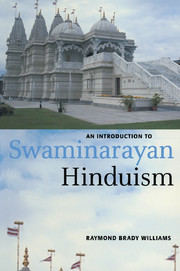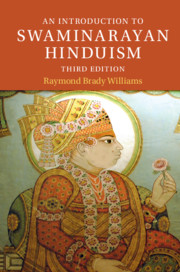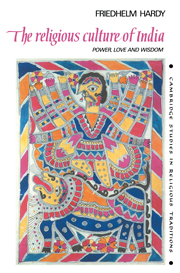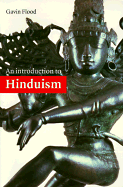The Philosophy of the Bhagavad-Gita
The Bhagavad Gita is a world classic often considered to be not just the 'Hindu Bible' but sometimes the 'Indian Bible' as well. Over the last two centuries, it has attracted much scholarly attention from Indologists. Ithamar Theodor's bold and revisionist monograph aspires to further develop their scholarship by treating the Gita as a discrete philosophy and by offering a systematic survey of its main topics and doctrines, in so doing emphasising their philosophical potential. A major innovation here is the articulation of the Gita's structure extracted from Vedantic and Yogic pattens of thought, presented in a modern fashion. This centres on the Gita's Vedantic concept of hierarchical reality and its Yogic concept of a ladder. Beyond its overarching philosophical and holistic approach to the Bhagavad Gita, the book addresses major themes such as dharma, rebirth, Yoga and Sankhya, bhakti, the Upanishadic nature of the text, and concepts of divinity.
- Goes further than previous studies in arguing that the Gita presents a discrete philosophy of its own that, while closely connected to them, is nevertheless distinct from other strands of the Hindu tradition
- An engaging entrée to one of the key texts not just of Hinduism but of world religion
- Systematically explores the Gita's central themes (e.g. bhakti, yoga, dharma) in a way that will be pedagogically valuable to advanced students of religious studies
- Focuses too on the educational themes of the Gita which will have much modern resonance
- Ithamar Theodor is a prizewinning Indologist, author of several previous works on the Gita
Reviews & endorsements
'This is an excellent monograph that provides a systematic exploration of the major themes and teachings of the Bhagavad Gita. All too often, the Gita is treated as a kind of 'grab bag' of ancient Indian philosophies, lacking a coherent, overarching vision. The analysis provided by Ithamar Theodor, however, belies this approach. With chapters organized around major themes of traditional Indian thought, such as dharma and the process of rebirth, Theodor demonstrates that there is, indeed, an internally cohesive and logical system to be found in the Gita's teachings. Theodor's manuscript is persuasive in its arguments and promises to be a transformative work in the academic study of the Bhagavad Gita. It will no doubt spur debate as well, given how entrenched the dominant view of this text as not a systematic work of philosophy is in the academy.' Jeffrey D. Long, Carl W. Zeigler Professor of Religious Studies, Elizabethtown College
'The Bhagavad Gita shares in the pluralism of the Hindu tradition, and therefore one can see how its teachings can be aligned with the basic doctrines of different schools of thought. This, however, has the unfortunate consequence of preventing the identification of the doctrines of the Bhagavad Gita on their own terms, which will fully respect its pluralism but would not make it a handmaiden of pre-existing schools of thought. When such attempts have been made in the past, they have been made by people who were interested in the confessional study of religion. The present book constitutes a serious attempt by an academic scholar of the Bhagavad Gita to outline its teachings through some key terms, but without anchoring them in pre-existing schools of thought or giving them a confessional turn. I recommend this significant monograph warmly.' Arvind Sharma, Birks Professor of Comparative Religion, McGill University
Product details
August 2025Hardback
9781009628457
213 pages
229 × 152 mm
Not yet published - available from August 2025
Table of Contents
- Acknowledgements
- 1. Applying a philosophical approach
- 2. Dharma, karma-yoga and dharma-yoga
- 3. Rebirth in the Bhagavad-Gītā
- 4. Yoga in the Bhagavad-Gītā
- 5. Sāṅkhya in the Bhagavad-Gītā
- 6. Jñāna and the Upaniṣadic nature of the Bhagavad-Gītā
- 7. Bhakti in the Bhagavad-Gītā
- 8. Concepts of Divinity in the Bhagavad-Gītā
- 9. The Bhagavad-Gita's educational doctrine
- 10. Glossary
- 11. Bibliography
- 12. Index.






